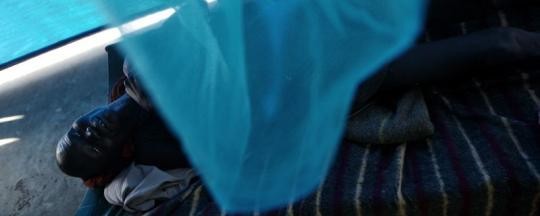Kala-azar deaths in South Sudan reach 125

The caseload of Kala-azar disease in South Sudan has increased while access for health workers remains limited owing to heavy rains and poor security, the United Nations reported today.
Kala-azar is a disease endemic to South Sudan, but has seen a spike in recent weeks. Also known as “visceral leishmaniasis,” the disease is spread by infected sand flies and can cause fever, weight loss, anemia and enlargement of the liver and spleen.
“To date, since January, 4,099 cases and 125 deaths have been recorded - compared to some 2,660 in all of last year,” the UN coordination agency OCHA said in a report on the humanitarian situation in South Sudan.
Lankien in Jonglei State remains the most affected area, while cases were also reported in Akoka and Wau Shilluk, in Upper Nile State.
OCHA cited an estimate that some 9,000 kala-azar cases could be identified by the end of the year, without specifying which aid organization made this forecast.
“Partners were supporting response by providing kala-azar drugs and test kits. In addition, partners noted that the nutritional status of kala-azar affected people is of critical concern,” reads today's OCHA report.
File photo (MSF)
Related: